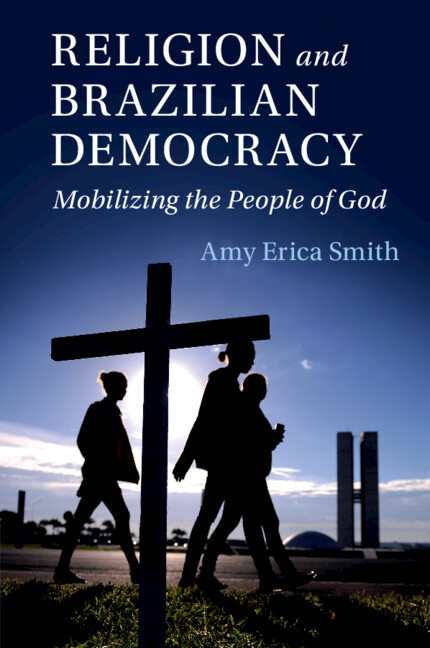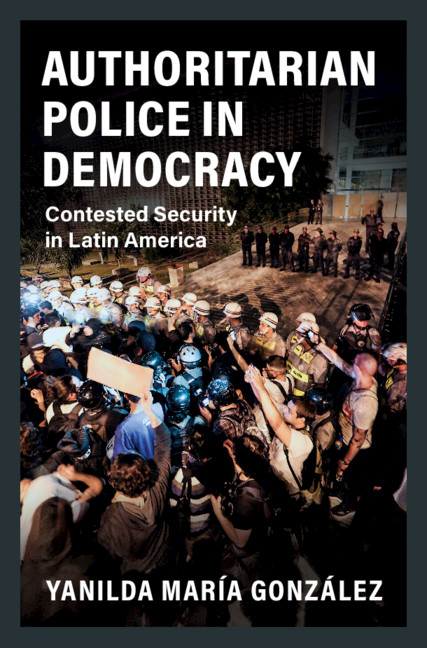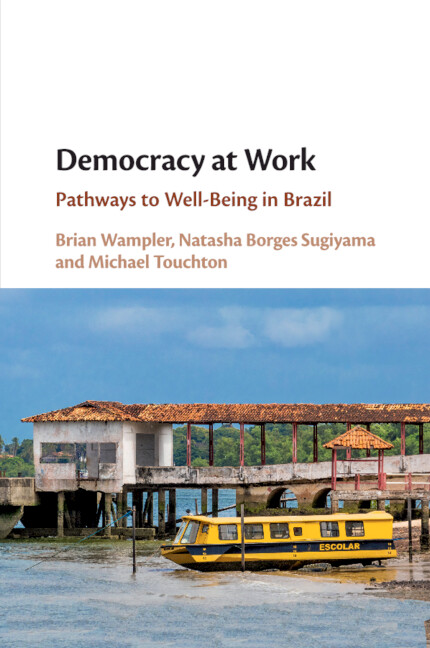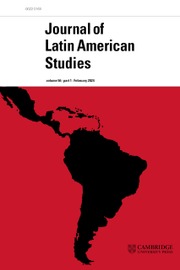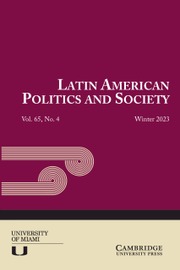Religion and Brazilian Democracy
As Brazilian democracy faces a crisis of legitimacy, political divisions grow among Catholic, evangelical, and non-religious citizens. What has caused religious polarization in Brazilian politics? Does religious politics shore up or undermine democracy? Religion and Brazilian Democracy: Mobilizing the People of God uses engaging anecdotes and draws on a wealth of data from surveys and survey experiments with clergy, citizens, and legislators, to explain the causes and consequences of Brazil's 'culture wars'. Though political parties create culture war conflict in established democracies, in Brazil's weak party system religious leaders instead drive divisions. Clergy leverage legislative and electoral politics strategically to promote their own theological goals and to help their religious groups compete. In the process, they often lead politicians and congregants. Ultimately, religious politics pushes Brazilian politics rightward and further fragments parties. Yet Religion and Brazilian Democracy also demonstrates that clergy-led politics stabilizes Brazilian democracy and enhances representation.
- Incorporates many vivid anecdotes of religious politics in Brazil
- Incorporates multiple forms of qualitative and quantitative evidence
- Develops a broader explanation of the causes and consequences of evangelical politics in the developing world
Reviews & endorsements
'Smith expertly and seamlessly draws together observational research, interviews, multiple surveys, and experiments to provide a breathtakingly comprehensive account of the complex dynamics that connect clergy, congregants, and politics. As they compete for souls and resources in a fluid religious marketplace, clergy are capable of strengthening democratic commitment and participation … and of reinforcing conservative politics to tip the balance of Brazil’s culture and politics. This extraordinary book will engage and enlighten all those who seek to understand the intersection of religion and democracy in Brazil and beyond.' Elizabeth J. Zechmeister, Cornelius Vanderbilt Professor of Political Science, Vanderbilt University, Tennessee
'Amy Erica Smith’s book is unique, original and, in the Brazilian context above all, extremely timely. Combining multiple databases with qualitative observation, this is both an impressive technical achievement and an invaluable contribution to international debates about the implications of religious partisanship for democratic coexistence.' David Lehmann, University of Cambridge and author of Struggle for the Spirit: Religious Transformation and Popular Culture in Brazil and Latin America
Product details
March 2019Adobe eBook Reader
9781108640619
0 pages
28 b/w illus.
This ISBN is for an eBook version which is distributed on our behalf by a third party.
Table of Contents
- Part I. Introduction:
- 1. Introduction
- 2. Clergy, congregants, and religious politicians
- 3. Methods and case studies
- Part II. What Clergy Think, Say, and Do:
- 4. What clergy think and say: religious teachings and political views
- 5. What clergy do: encouraging partisan and electoral politics
- Part III. How Congregants Respond:
- 6. Church influence on citizens' policy views and partisanship
- 7. Church influence on voting behavior
- 8. Church influence on citizen support for democracy
- Part IV. Representation:
- 9. The representational triangle
- 10. Conclusion: mobilizing the people of God.

